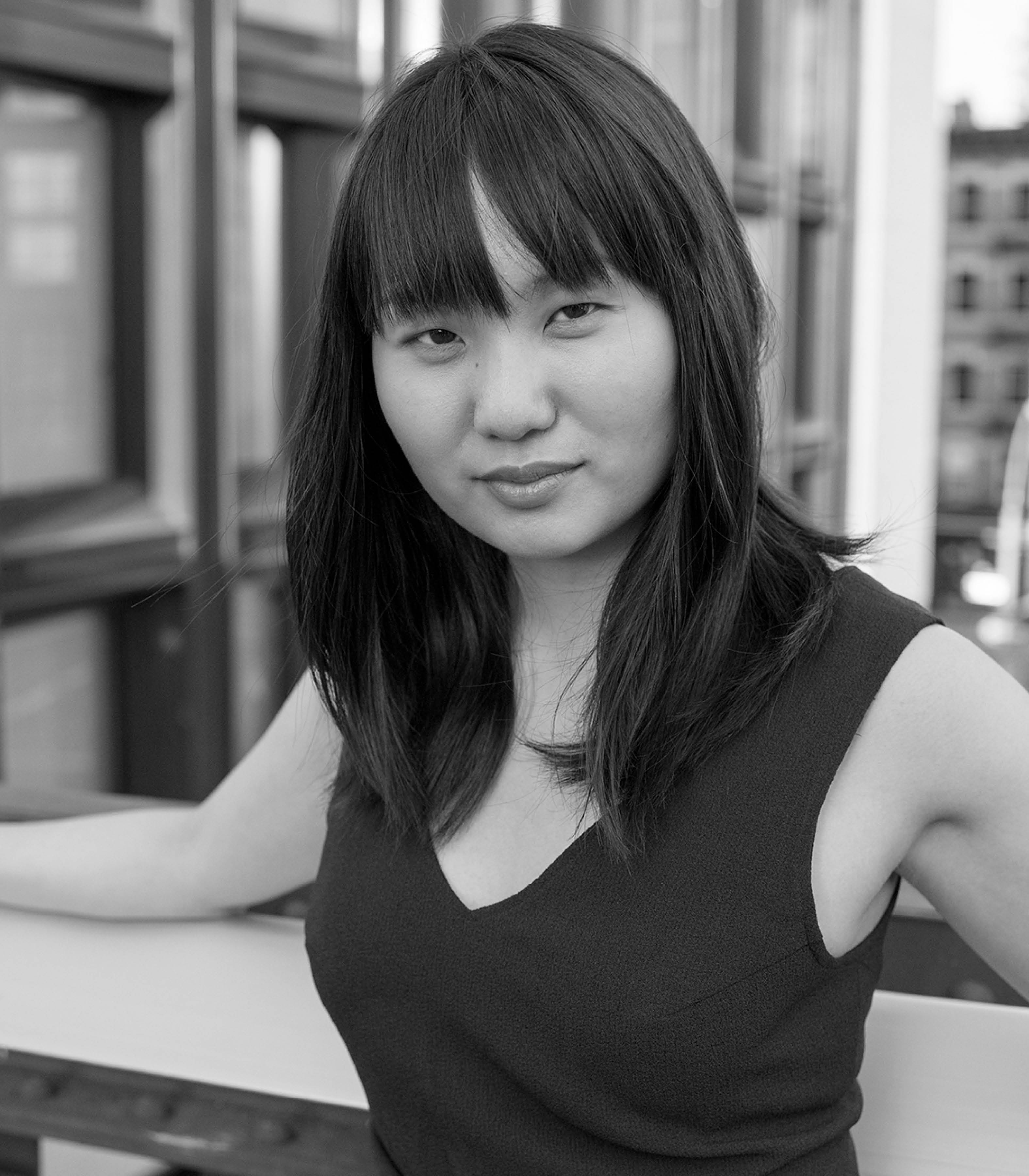
Amanda Phingbodhipakkiya is an award-winning neuroscientist-turned-designer, TED mainstage speaker, professor and STEM advocate. Before becoming a multidisciplinary designer, Amanda studied Alzheimer’s Disease at Columbia Medical Center. Her work brings science and society closer together and has been recognized by Fast Company, Forbes and The New York Times. She won a 2016 TED Residency and this past year, her work garnered a WeWork Creator’s Award, and she was named one of NBC’s 26 Emerging Asian American Voices. Through writing, speaking and design, she is trying to help the world better appreciate the importance and wonder of science.
Watch Amanda’s TED Talk
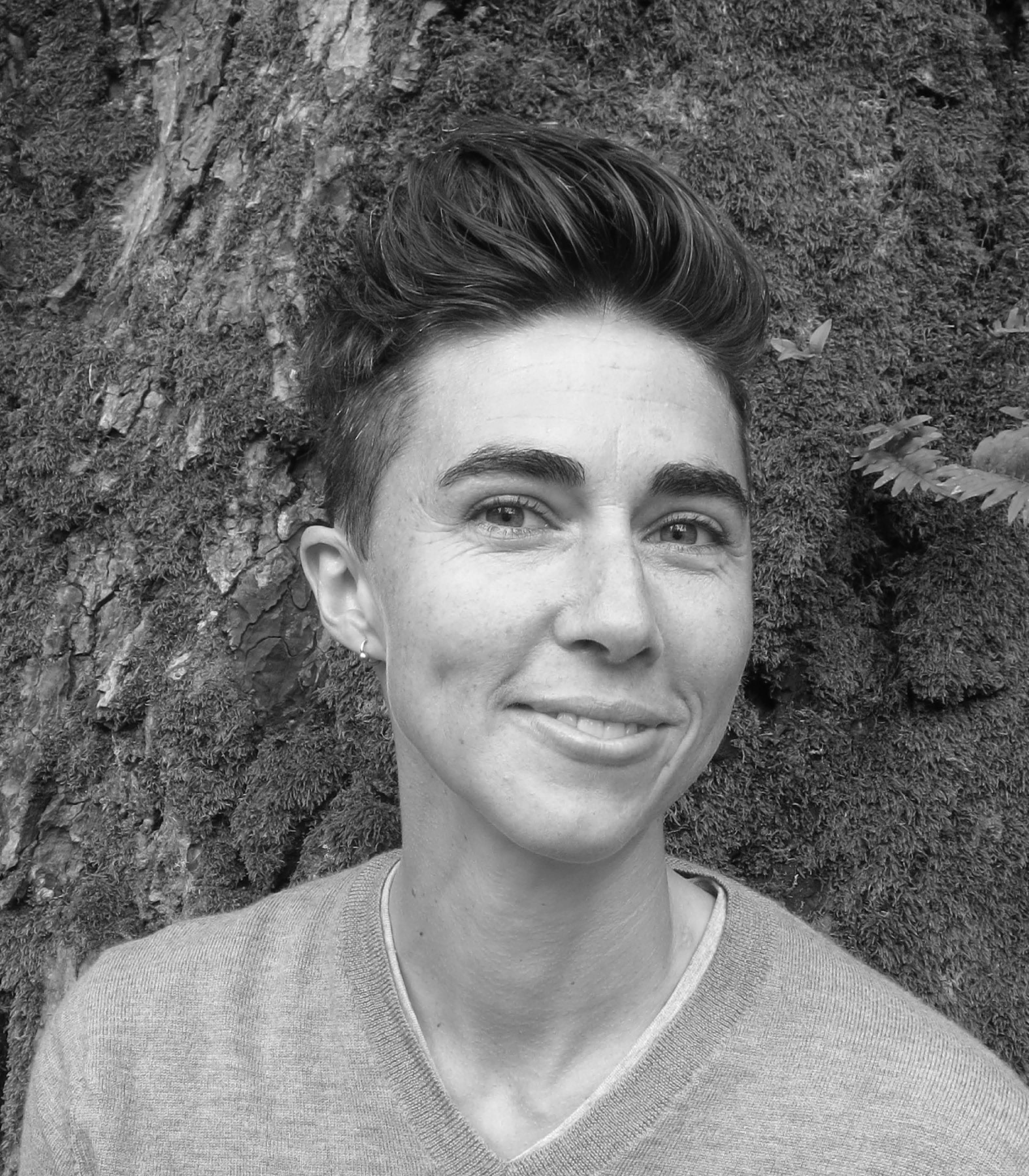
Katrina Spade is the founder and CEO of Recompose, an alternative to traditional death care which utilizes composting methods and design to sustainably repurpose bodies post-mortem. Based in Seattle, Recompose challenges the rigidity of individualism, environmentally destructive traditions, and socioeconomic divides by thoughtfully synthesizing architecture, ecology, and the human experience. During her graduate tenure at the University of Massachusetts Amherst, Spade received the AIA Henry Adams Medal after inventing the patent-pending composting system which catalyzed Recompose. She has since been featured in the Guardian, NPR, Wired, Fast Company, and the NYTimes.
Watch Katrina’s TED Talk

PAUL F. STEINBERG
Paul Steinberg is Professor of Political Science and Environmental Policy at Harvey Mudd College, where he holds the Malcolm Lewis Chair in Sustainability and Society. He is the author of three books: Environmental Leadership in Developing Countries (MIT Press), winner of the Harold and Margaret Sprout Award for the best book in international environmental affairs; Comparative Environmental Politics (MIT Press); and Who Rules the Earth? (Oxford University Press).
Dr. Steinberg produced and directed the animated film “Who Rules the Earth?” and the documentary film “Bicycle Revolution,” and designed the videogame “Law of the Jungle.” In 2016, Dr. Steinberg received the International Studies Association’s innovative teaching award. He previously held visiting positions at the Nicholas School of the Environment at Duke University, where he received the faculty teaching award, and at the School of Advanced International Studies at Johns Hopkins University. He has also held applied positions with the US Peace Corps, The World Bank, Conservation International, The Natural Resources Defense Council, and Pesticide Action Network, and was the founding director of conservation policy and governance at RARE Conservation. He is currently the chair of the Department of Humanities, Social Sciences, and the Arts at Harvey Mudd.
Watch Paul’s Ted Talk
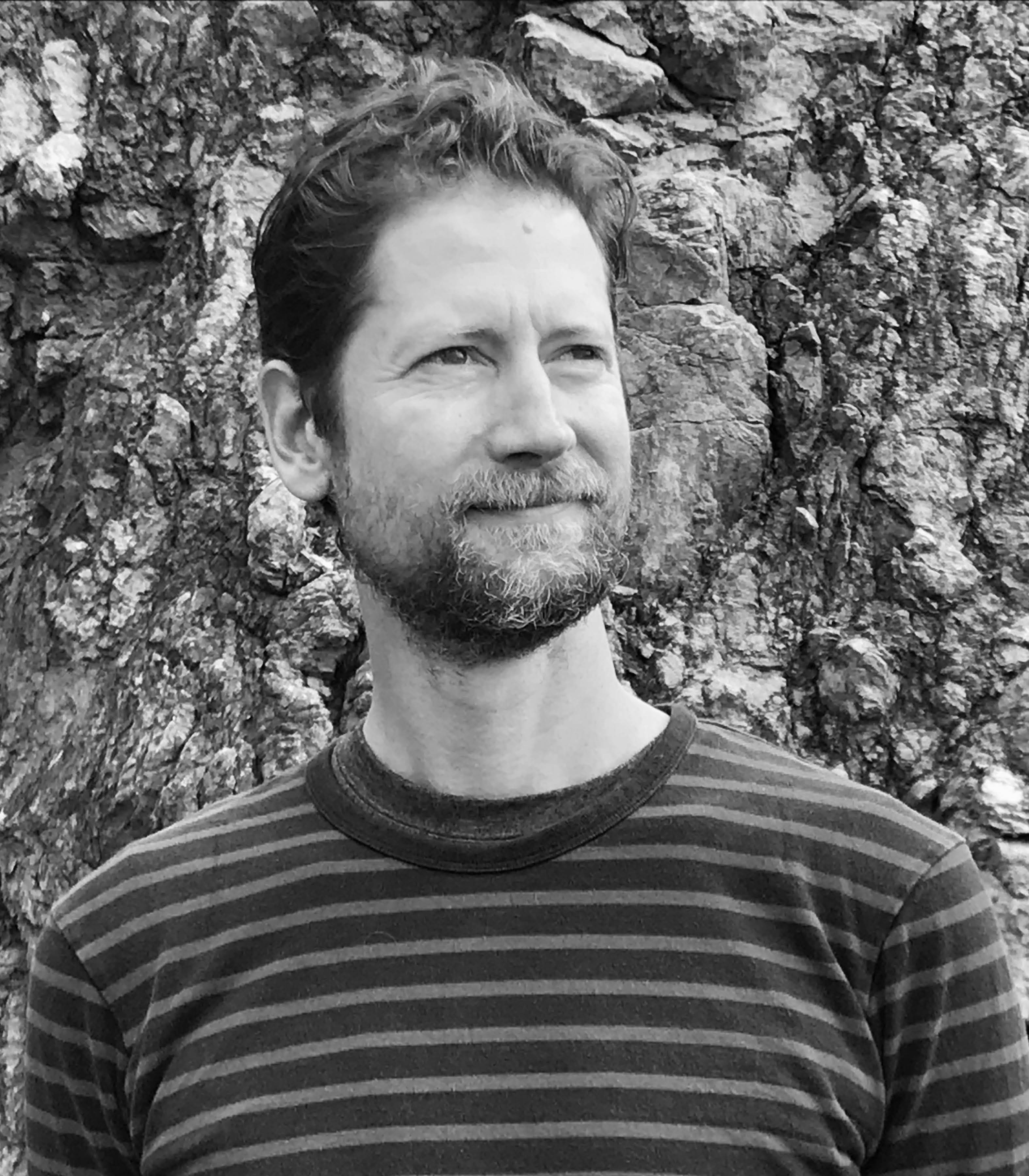
Thomas Jackson is a San Francisco-based photographer and artist. In his celebrated series, Emergent Behavior, Jackson explores self-organizing ecosystems, from termite mounds to flocking birds, through a poetic union of manufactured objects and the fluidity of nature. Each installation is an assembly of unexpected frameworks photographed against a natural scene, revealing the juxtaposition between the built and unbuilt. In addition to nationwide exhibitions, Jackson has been featured in Harper’s, The New Yorker, Wired, and Tricycle Magazine.
View Work
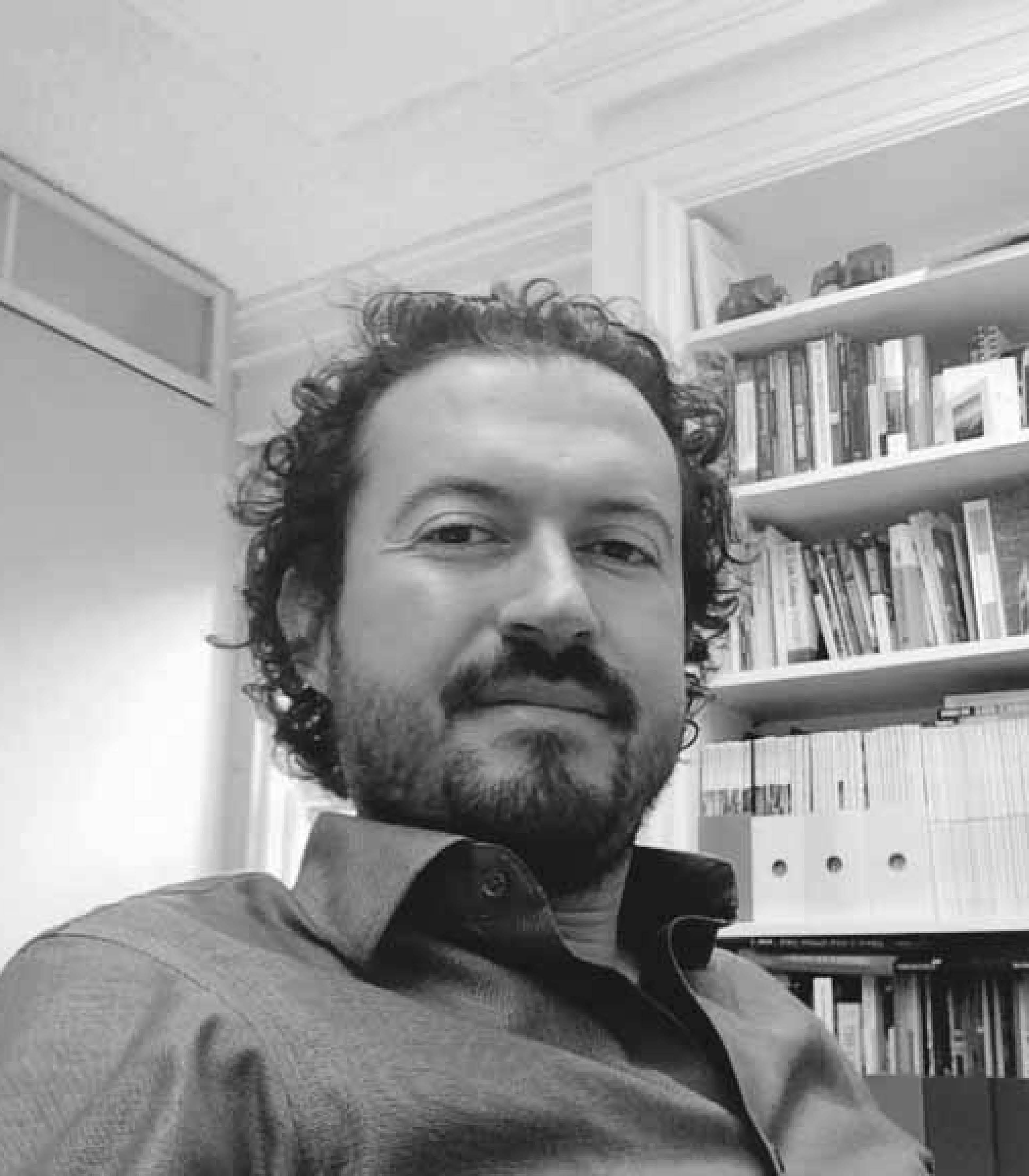
Gabriel Diaz-Montemayor is currently an Assistant Professor of Landscape Architecture at the University of Texas at Austin. His research focuses on public space as a social and environmental integrator along the US-Mexico border region. Montemayor has led several collaborative design studios, working with public institutions and students on real projects in Mexico and the US. He is also a founding partner of LABOR Studio (Landscape, Architecture, Border) based in Chihuahua, Mexico where he participates in urban design, urban planning and landscape architecture projects and research.
View Work
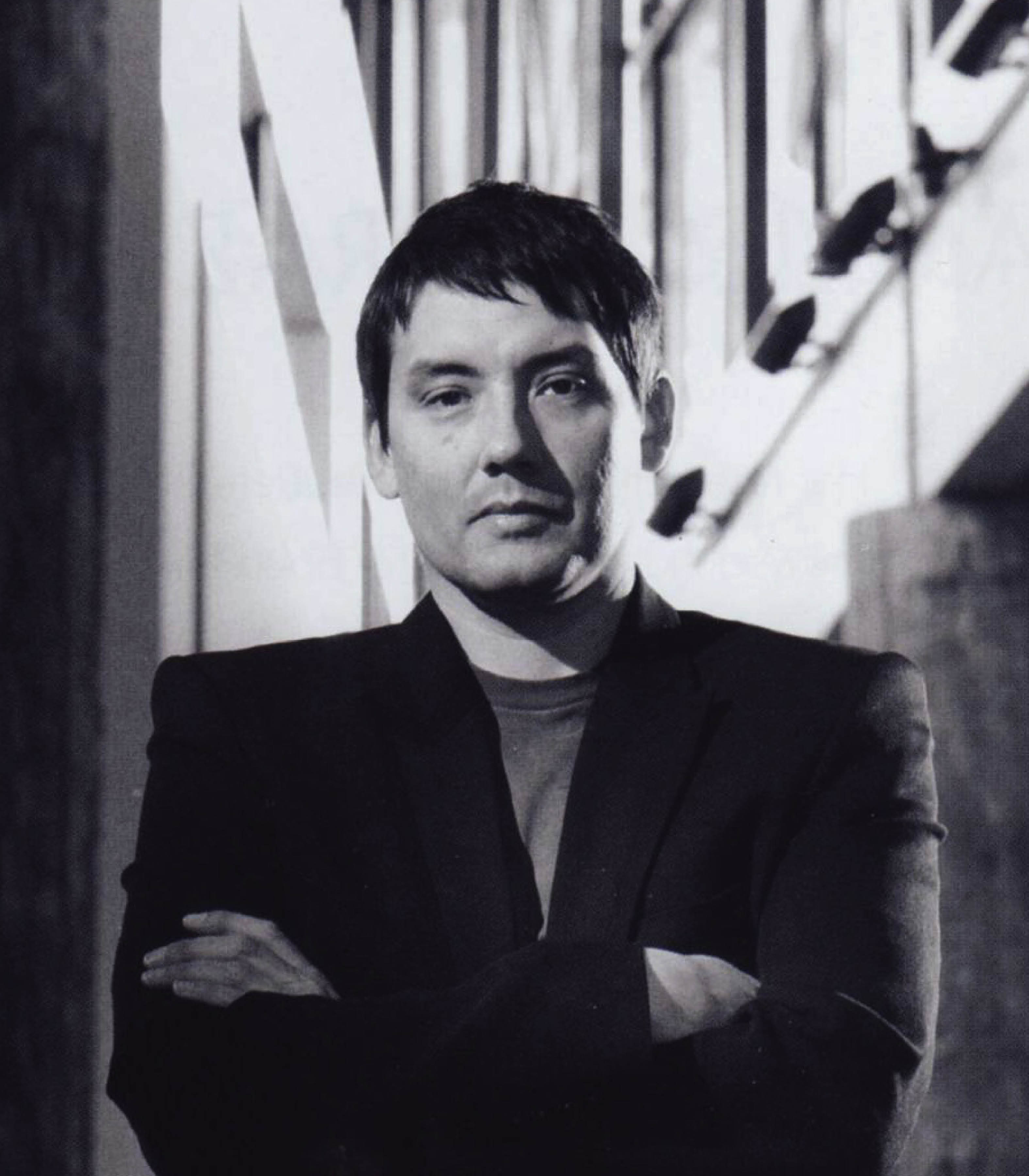
Chris Cornelius is an enrolled member of the Oneida Nation of Wisconsin and professor at the School of Architecture & Urban Planning at the University of Wisconsin. His research and practice focus on the architectural translation of culture and history, namely American Indian culture. In 2003, he founded studio:indigenous, a design and consulting practice serving American Indian clients. His designs for schools, furniture, memorials, and public buildings tell the stories of cultures and traditions by finding inspiration in indigenous dwellings and using materials in innovative ways. Merging the past with the present, Cornelius designs spaces that celebrate history while serving contemporary needs. He has received the the National Museum of the American Indian Smithsonian Institution Artist in Residence Fellowship, and earned a 2007 NCARB Prize for his design of affordable & sustainable modular housing.
View Work
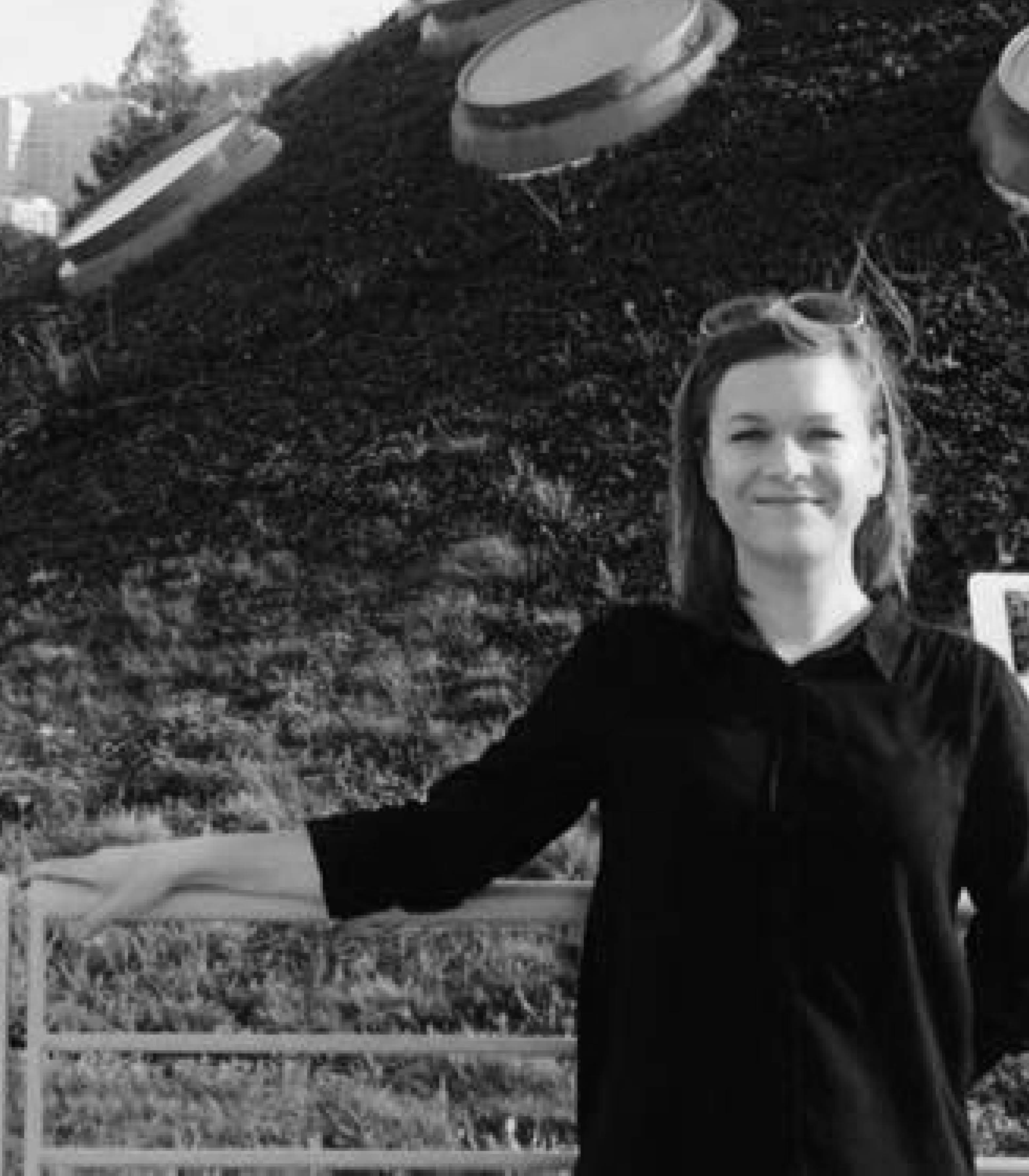
Iryna Volynets is the founder of Volynets Architectural Bureau located in Ukraine and author of Landform [in] Architecture. As a Fulbright Researcher at UO, Volynets developed landform architecture, a philosophy which grew into the impetus for her practice. Landform Architecture deconstructs the boundary between built and unbuilt environments through a comprehensive exploration of organic systems and human sensory experiences. Today, landform buildings have been seamlessly integrated into a diversity of landscapes across the globe.
View Work
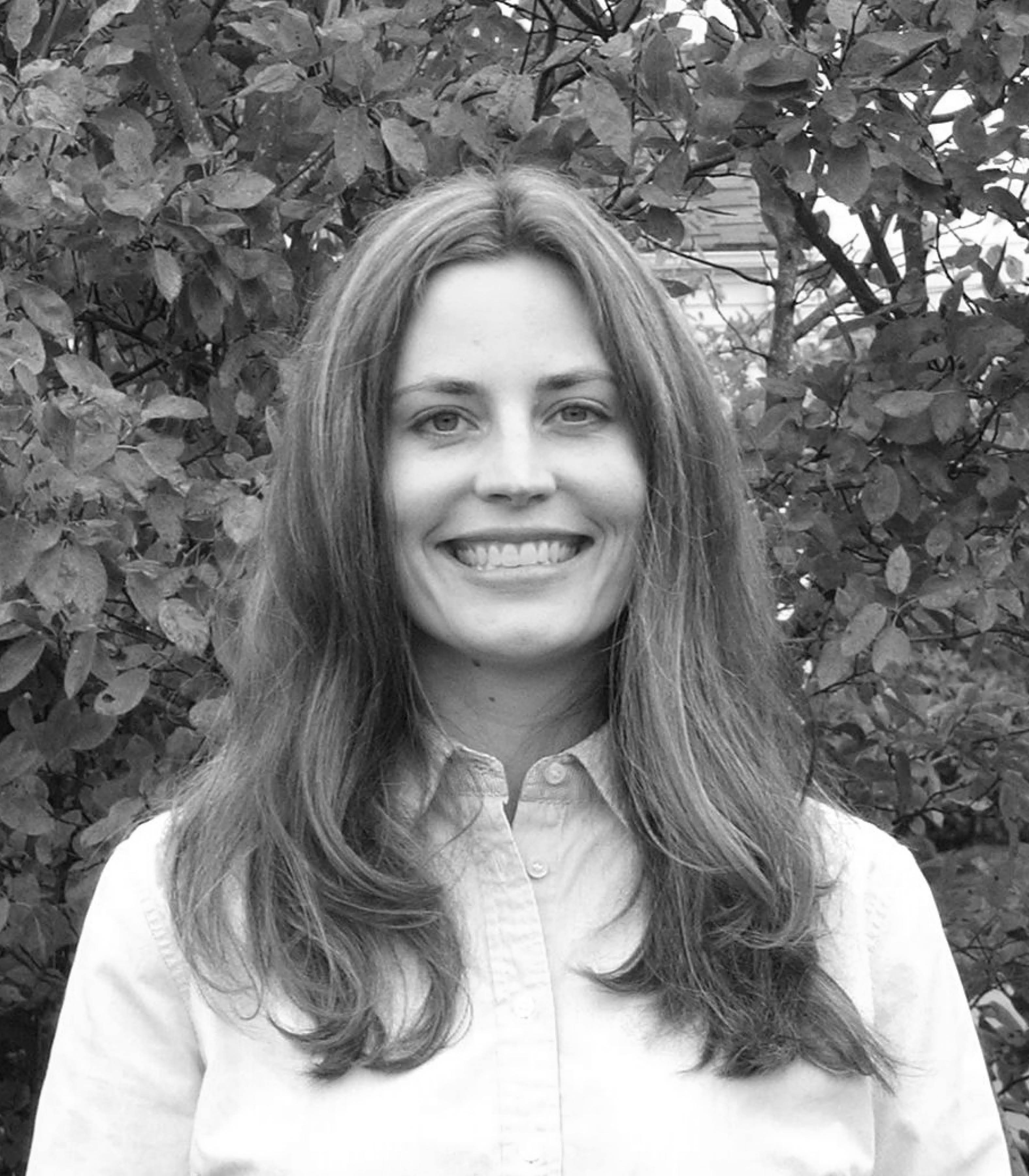
Crystal Grinnell is a Water Resources Engineer and Landscape Architect at Biohabitats, Inc. serving the Cascadia Bioregion. Over the past 15 years, her academic and professional pursuits have been rooted in the Pacific Northwest. Grinnell has experience designing and collaborating on a variety of project types and scales, including water infrastructure planning, wastewater facilities, and environmental restoration projects. With a Bachelor’s degree in Landscape Architecture from the University of Oregon and Master of Science degree in Environmental Engineering from the University of Washington, Grinnell has played an integral role in improving water systems that foster ecological health and cultural stewardship.

DAVID COOK
David Cook is an architect and co-founder of haascookzemmrich STUDIO2050 in Stuttgart, Germany. He was previously a partner in Behnisch Architekten. Cook is a practitioner, author, speaker, and recent honoree of the 2010 Pietro Belluschi Distinguished Visiting Professorship at the University of Oregon. Cook has worked on a variety of projects including sports facilities, residential homes, Universities and concert halls in Germany and abroad. He is also a co-author of Ecology.Design.Synergy Exhibit, a book on Behnisch Architekten’s joint touring exhibition with Transsolar Climate Engineering. The exhibition re-envisions sustainability by examining the complex relationships between humans and their immediate environment.

Rhys Roth is Director of The Center for Sustainable Infrastructure (CSI) at The Evergreen State College in Washington state. The center’s mission is to bring innovative tools and sustainability excellence to infrastructure planning and investment in the Pacific Northwest. Rhys authored CSI’s influential inaugural report Infrastructure Crisis, Sustainable Solutions. He is also responsible for writing CSI’s first and second ‘5 Big Goals for 2040’ focusing on the Northwest’s energy and water infrastructure. Prior to founding CSI, Rhys co-founded and led Climate Solutions, a non-profit dedicated to accelerating clean energy solutions in the Northwest United States. Roth earned a Masters degree in Environmental Studies from The Evergreen State College.
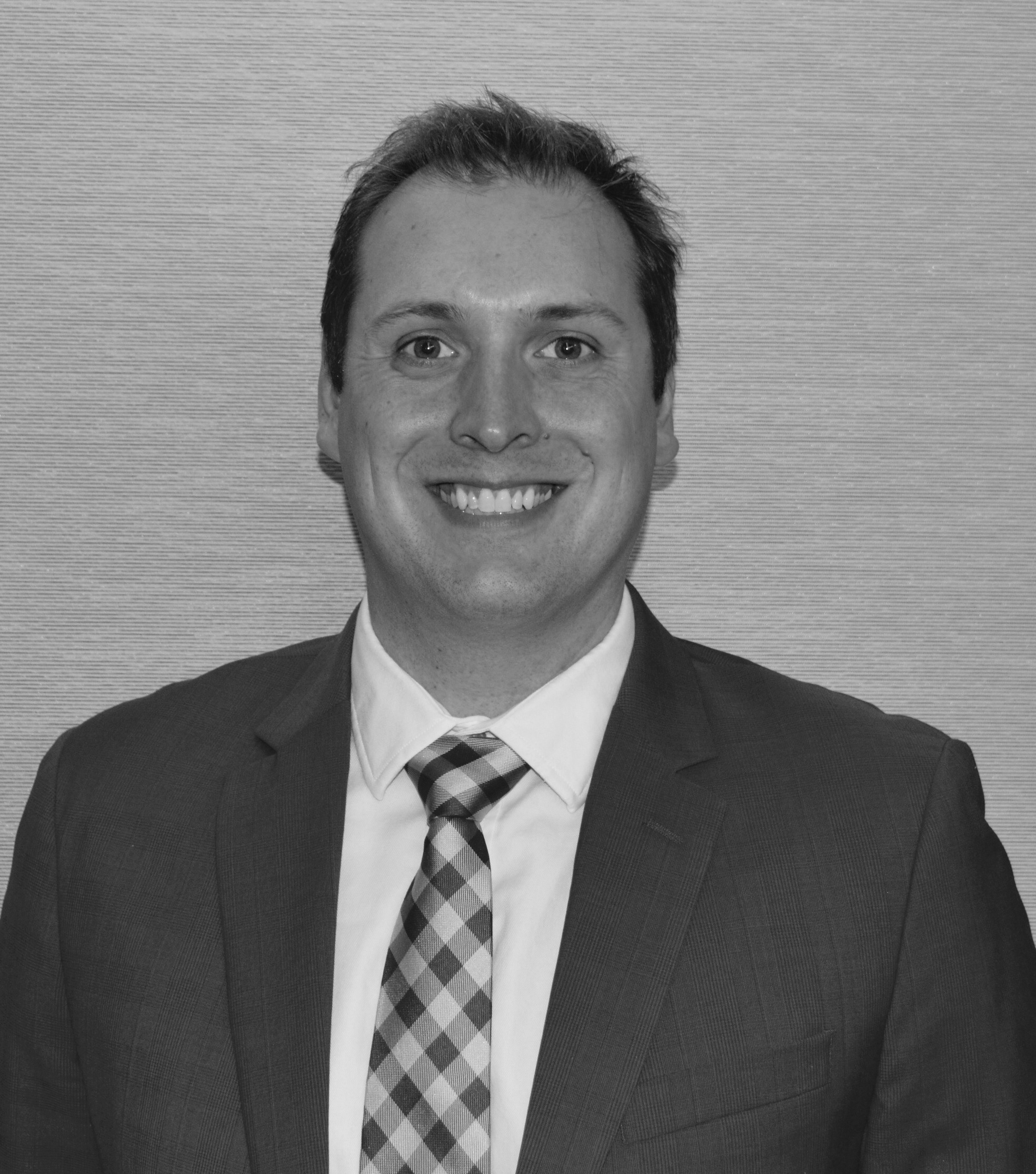
Joe Payne is the Director of Project Development at Puttman Infrastructures which focuses on water, wastewater, and energy utilities. He oversees the development of new infrastructure projects, and is involved in managing day-to-day operations of the utilities that Puttman owns and operates. Payne has prior experience in engineering management for two solar EPC firms, where he oversaw structural and electrical design photovoltaic (PV) systems. His previous work also included structural engineering of high-rise condominiums and office buildings while working at KPFF Consulting Engineers. Payne earned a Bachelor of Science degree in Civil Engineering from the University of Notre Dame and MBA from Portland State University.
